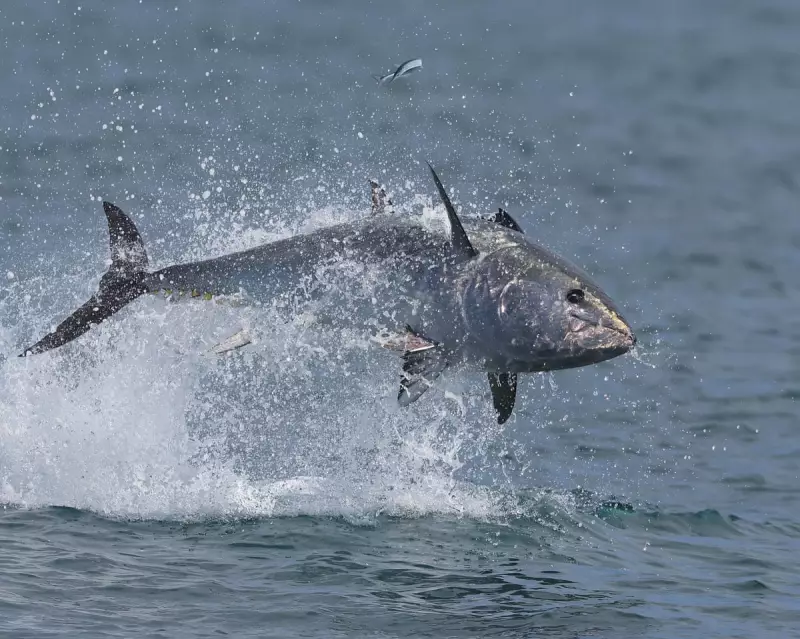
A controversial fishing competition targeting critically endangered Atlantic bluefin tuna has sparked outrage among marine conservationists and environmental groups across the UK.
The tournament, scheduled to take place off the Cornish coast, offers significant cash prizes for anglers who catch the largest specimens of this protected species. Conservation organisations have condemned the event as "ecologically irresponsible" and potentially devastating for tuna populations that have only recently shown signs of recovery after decades of overfishing.
Conservationists Sound Alarm
Marine biologists warn that targeting these majestic predators during their critical feeding and migration periods could reverse years of conservation progress. The Atlantic bluefin tuna was brought to the brink of extinction by commercial overfishing and only removed from the IUCN's endangered species list in 2021 after intense international protection efforts.
Dr. Sarah Jennings, marine conservation specialist, stated: "This competition sends entirely the wrong message about how we should treat recovering species. These fish are vital to marine ecosystem health and their protection should remain our priority."
The Economic Versus Ecological Debate
Proponents argue that controlled recreational fishing boosts local economies and tourism in coastal communities. However, conservation groups counter that short-term economic gains cannot justify potentially irreversible ecological damage.
The controversy highlights ongoing tensions between traditional fishing communities, recreational anglers, and environmental protection mandates. With climate change already placing additional stress on marine ecosystems, many experts question the timing and ethics of targeting vulnerable species for sport.
Call for Regulatory Intervention
Environmental organisations are urging UK fisheries authorities to intervene and halt the competition. They argue that current regulations fail to adequately protect marine species from potentially harmful recreational fishing practices.
As the debate intensifies, the future of such fishing tournaments hangs in the balance, with growing public awareness about marine conservation putting increased scrutiny on activities that threaten vulnerable species.





